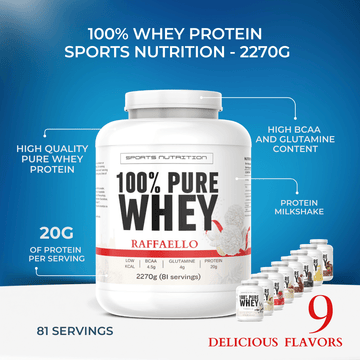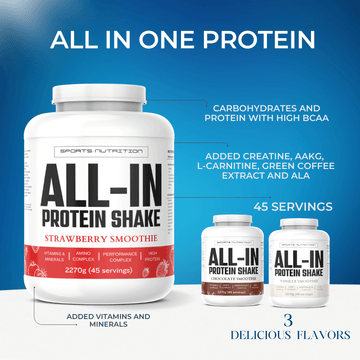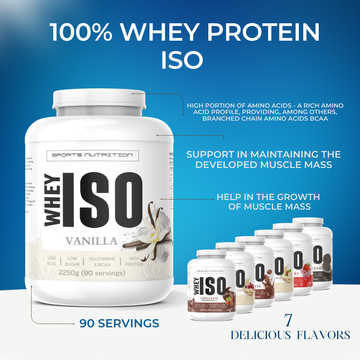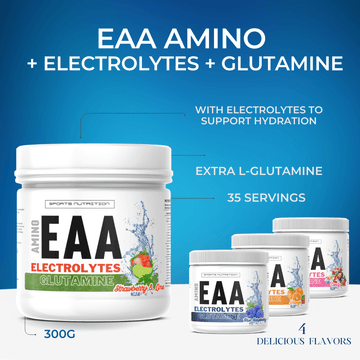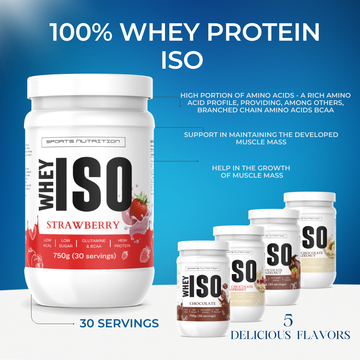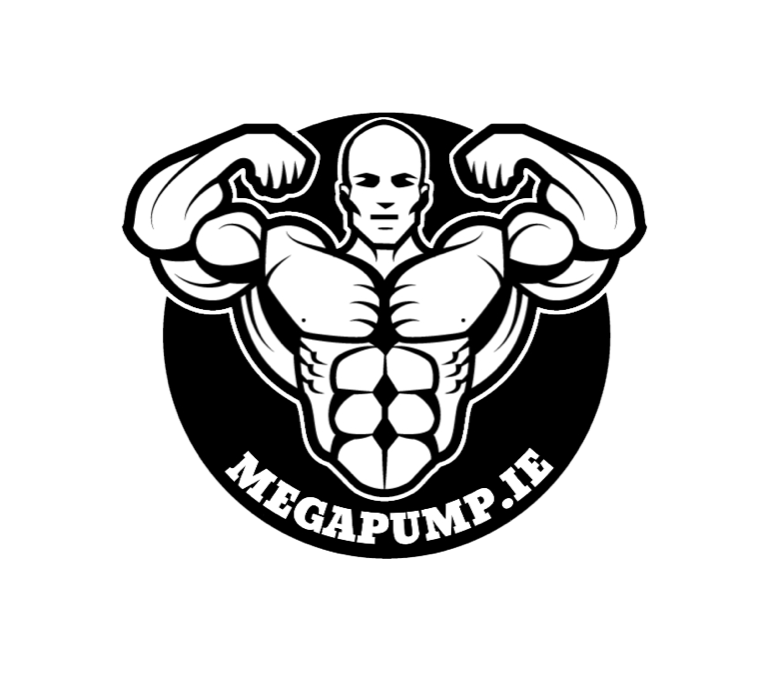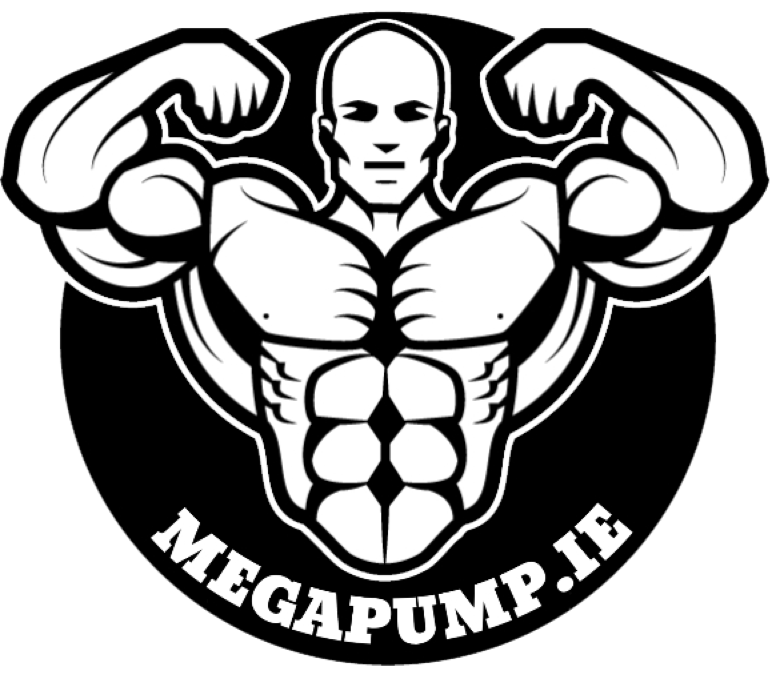Whey Protein Isolate ISO
Whey Protein Isolate
What Is Whey Isolate?
You might already know what whey is but if you don’t here’s a quick recap.
Whey is one of the two proteins found in milk, the other is called casein. Whey is what’s known as a fast-digesting protein. In contrast, casein protein is much slower to digest.
The whey you find in protein powder actually started life as a by-product of cheese production. A milky substance is leftover and further processed to maximise the protein content.
You can find whey protein in supplement bars, powders, and drinks. There are two main types - whey isolate and whey concentrate. But which one is better?
Whey Isolate vs. Whey Concentrate?
If you’re trying to decide between whey isolate and whey concentrate you may start out thinking they’re totally the same. But there are actually a few key differences between the two. These subtle nutritional differences could be the deciding factor for you.
As we mentioned, when whey protein is being made it undergoes a number of processes to maximise the protein content. This is the key difference between isolate and concentrate - protein content.
After it is manufactured, whey concentrate often ends up having around 80% of its content be composed of protein. In contrast, whey isolate can contain up to about 90% protein. That’s a substantial difference if you're regularly training and looking to increase your muscle mass.
Why Is Protein So Important?
Getting an adequate amount of protein is the main way to build muscle and endurance. It’s not just for athletes and bodybuilders, it’s essential for everyone. Protein from food contains essential amino acids which are necessary for the maintenance of a healthy body.
We can find protein in a variety of natural sources like:
- Meat
- Fish
- Dairy
- Eggs
- Seeds and nuts
- Legumes (beans, lentils)
It’s important that as athletes we maintain a healthy amount of these in our diet. But we can also get them from other sources like whey (isolate and concentrate).
Whey is packed full of protein, along with branched-chain amino acids (BCAAs). BCAA’s, for example leucine, boost the body’s levels of antioxidants. These in turn stimulate and protect muscle growth. For an athlete, there’s no more powerful ally to have on your side.
Benefits Of Whey Isolate
We know they both come from the same source (milk) so it’s not too surprising to learn that they’ve got a lot in common. Here are a few important benefits you can gain from either whey isolate or concentrate.
Amino Acids
Whey is a complete protein, so it contributes to muscle growth. As we mentioned above, it’s rich in BCAAs and other essential amino acids like:
Glutamine
Leucine
Cystine
These are essential for a strong body and a healthy life. Unlike other kinds of supplements, whey provides everything you need in one place.
With the presence of these amino acids, the body has an easier time maintaining optimal performance and repair functions. A much needed aid for athletes sore and aching muscles.
In particular, glutamine and leucine amino acids play key roles in stimulating the synthesis of proteins to repair and improve muscles as well as improving endurance. Cystine contributes to the maintenance of muscle mass.
Suitable For Lactose Intolerant Athletes
Lactose is also present in very small amounts but particularly so in whey isolate. Those who are lactose intolerant will be able to use an isolate containing less than a gram of lactose per 100 calorie serving. This will contribute to better digestion.
Fat And Carbs - A Key Difference
There are some differences that we should point out, too. In particular, the difference in fat and carb percentages.
Whey isolate is made up of roughly 90% protein, which leaves only 10% carbs and fats. Whey concentrate on the other hand is 80% protein.
For those who want to restrict the number of carbs and fats in their diets then that can make whey isolate protein the stronger choice.
Can Whey Isolate Help With Weight Loss?
Whey isolate is substantially lower in fats and carbohydrates than concentrate. It also contains on average about 90% protein. For these reasons, it’s incredibly popular within weight loss communities.
By taking whey isolate you can increase your metabolism and decrease your appetite at the same time. Why? Studies have shown that by taking in high amounts of protein you will increase your body’s metabolic rate. Whey isolate can easily provide that burst of protein in an easy-to-consume form whether that be a shake, bar, or other.
It will also help you to reduce your snacking throughout the day, making you feel full for longer. This will help an individual to maintain a calorie deficit diet allowing them to lose weight.
Complimented with a balanced diet and regular exercise these are invaluable benefits for those looking to lose weight.
Should I Buy Whey Protein Isolate Or Concentrate?
Ultimately, this depends on you and your goals at the gym or training.
Whey isolate and whey concentrate are both fast-digesting proteins so the differences aren’t as noticeable. A choice between a slower-digesting protein like casein and whey would be easier to decide based upon what an athlete’s goals are.
The nutritional differences, too, between whey concentrate and isolate protein are extremely small. The concentrate contains more carbohydrates and fats than isolate. For this reason, it may not be the best choice for athletes looking to restrict their intake of those nutrients.
The most noticeable difference comes down to the price tag. Typically, isolate will be more expensive than concentrate. Either choice will guarantee you a fast-digesting, high quality protein you can rely on to help you reach your body goals.
